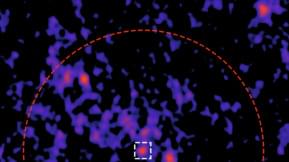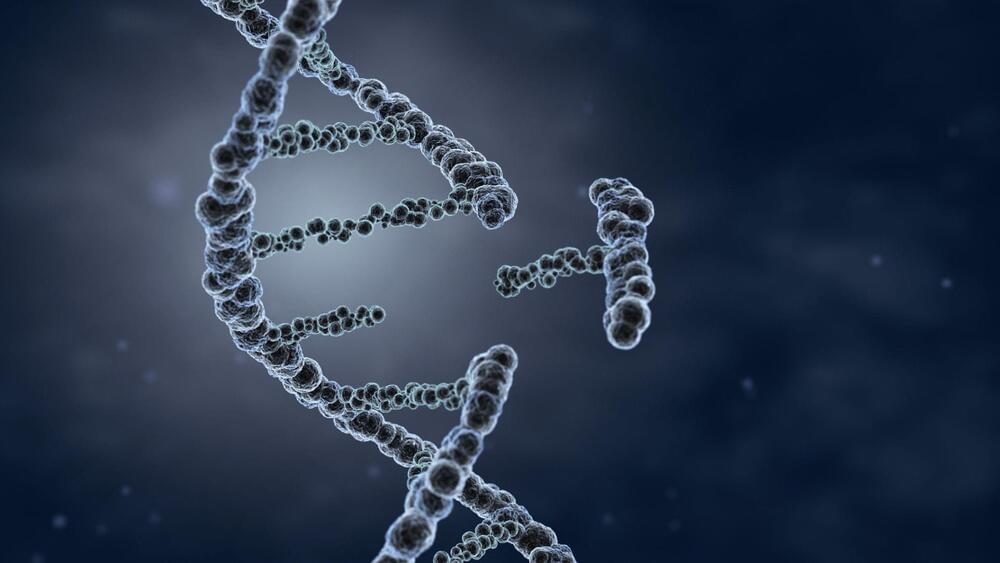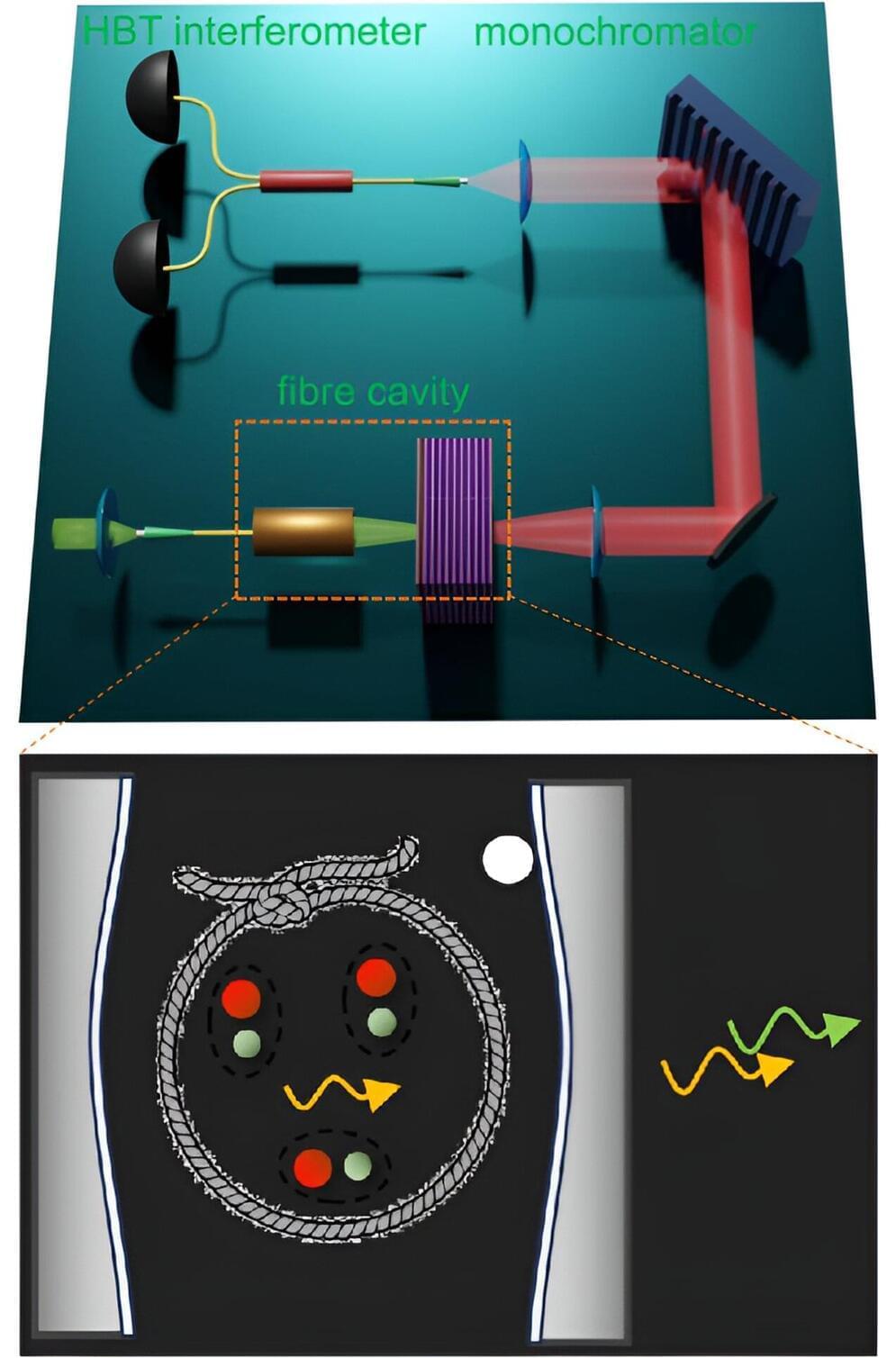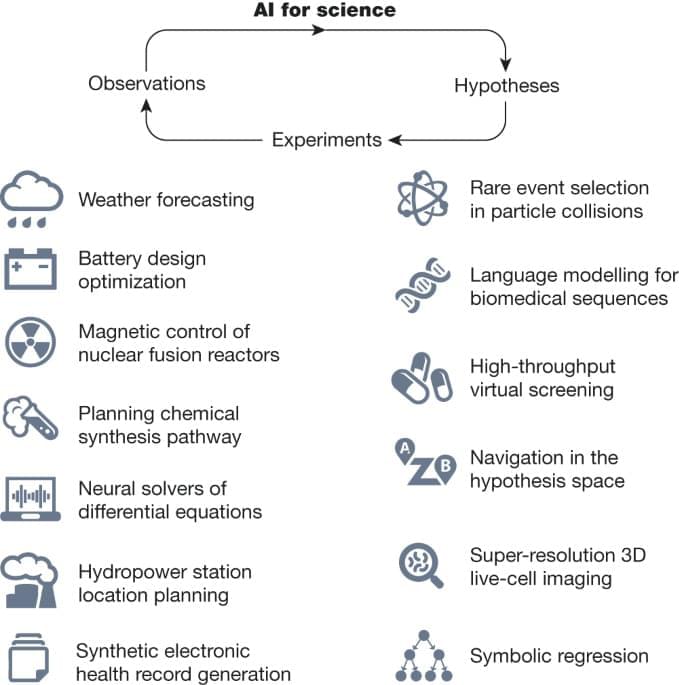In-development space innovations from the private space industry include space cannons, modular space station units, and 3D-printed rockets.
Category: innovation – Page 97

ElevenLabs raises $80M after releasing AI voice innovation
ElevenLabs has been at the forefront of natural speech synthesis, enabling users to create AI voices across many languages and accents with an unprecedented range of emotions and intonations.
ElevenLabs secures $80M funding and introduces voice AI products to reshape the future of accessibility and communication.

Plants communicating with each other captured on video for the first time
A team of Japanese researchers has made a groundbreaking discovery in the field of plant communication, capturing real-time footage of plants transmitting defense responses to their neighbors.
This significant achievement, led by molecular biologist Masatsugu Toyota from Saitama University, was published in the journal Nature Communications.
The study’s breakthrough lies in observing undamaged plants responding to volatile organic compounds (VOCs) emitted by other plants experiencing mechanical damage or insect attacks.



Rethinking Death: Exploring What Happens When We Die
The full recording of Parnia’s Lab’s premiere film, Rethinking Death: Exploring What Happens When We Die. In Rethinking Death, scientists, physicians, and survivors of cardiac arrest explore the liminal space between life and death, breaking down these stunning scientific breakthroughs to tell the remarkable, scientific story of what happens after we die.
Special thank you to Stellaris Productions, New York University Grossman School of Medicine, and of course, the researchers and survivors without whom this story could not be told:
Dr. Robert Montgomery.
Dr. Sam Parnia.
Dr. Lance Becker.
Dr. Tom Aufderheide.
Dr. Stephan Mayer.
Dr. Samuel Tisherman.
Alysson Muotri.
Dr. Lindsay Gurin.
Dr. Bruce Greyson.
Dr. Mary Neal.
Jeffery Olsen.
Rachel Finch.
Dr. Anthony Bossis.
Dr. Megan Craig.
Dr. Donald Hoffman.
Dr. Joseph Lowy


New quantum optics technique sheds light on polariton interactions
An international collaboration, led by Macquarie University scientists, has introduced a new quantum optics technique that can provide unprecedented access to the fundamental properties of light-matter interactions in semiconductors.
The research, published Jan. 15 in the journal Nature Physics, uses a novel spectroscopic technique to explore interactions between photons and electrons at the quantum scale.
Professor Thomas Volz, co-author of the study and research group leader at Macquarie University’s School of Mathematical and Physical Sciences, says the work has the potential to drive a breakthrough in the global quest for accessible quantum photonic technologies.

Scientific discovery in the age of artificial intelligence
The transformative impact of #AI on #scientific #discovery, showcasing #Breakthroughs and advancements that have the potential to reshape the way #research is conducted.
The advances in artificial intelligence over the past decade are examined, with a discussion on how artificial intelligence systems can aid the scientific process and the central issues that remain despite advances.